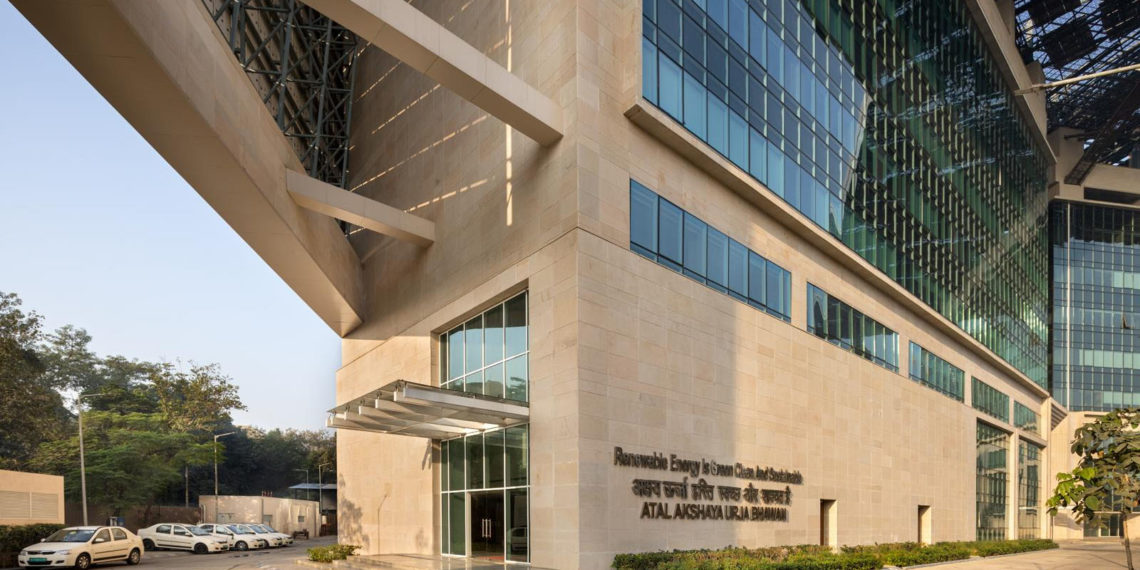Ministry of Cooperation has written a letter to multistate cooperative societies on the subject of “Payment of Remuneration for Returning Officers for Conduct of Election of MSCS,” specifying the structure under which payments are to be made to ROs, Assistant ROs, and polling officers.
The MSCS Act clearly states that the cost of elections is to be borne by the societies for which the election machinery is set in motion. It bears recalling that the Cooperative Election Authority (CEA) has been established to conduct elections for Multi-State Cooperative Societies spread across the country.
The objective of this remuneration order is to establish and ensure a fair and transparent framework for the conduct of elections and to strengthen the process of reform in the cooperative sector, according to the letter.
It adds that, as per the provisions of the MSCS (Amendment) Rules 2023, the dues of remuneration must be paid by societies to the CEA, which in turn is paid subsequently to ROs by the CEA.
The CEA has received requests from Returning Officers to fix rates for the remuneration of Returning Officers, Assistant Returning Officers, and polling personnel in accordance with the provisions of the MSCS (Amendment) Act and Rules, similar to the honorarium granted by the Election Commission of India for the conduct of Lok Sabha/State Assembly elections.
Returning Officers have to perform all poll-related work, including preparation of electoral rolls, scrutiny of nominations, conduct of the poll, disposal of complaints received from delegates or members of the society by passing speaking orders, signing each ballot paper, counting votes, and preparing reports for seeking prior approval of results in the prescribed format, as well as handling court cases.
The letter also establishes the Remuneration Structure, specifying that the honorarium for Returning Officers and Assistant Returning Officers would not be more than 15 days of basic pay, and that for Polling Personnel would not be more than Rs. 1000.
The letter also states that this remuneration order shall come into effect from the date of the formation of the Cooperative Election Authority and will also be applicable to all past cases where elections have been conducted under the supervision of the CEA.














































As per Act there is no mention to where the Election is to be Chhalenge and where the Stay may be obtain also not mention in Act. Whether the Co -op Election Authority is the power delegated for all these purpose. So many Multistate co-op/bank not approved Election Rules from the Central Registrar which is the competent authority for this all purpose.Under Section 84 – 2 -C the powers not delegated to any Authority. Arbitrator is not a Judicial Person he is only appointed for Financial matters as per section 84 – 4 only this power is delegated to all Commissioner of State in India. All Multistate co-op/Bank approved the Election Rules in his Annual General meeting this meeting is not authority to create a law/Rules meeting is only proposed proposal is to be approved.After this approval to be submitted to Central Registrar for his when approved then the matter/Subject is converted in law otherwise it’s not Law/Rules. As per in Loksabha approved the proposal subject then submit to Rajyasabha for approval after the approval of Rajyasabha then matter/ Subject submit to Hon’ble President of India for sign after sign of Hon’ble President then matter/Subject is converted in Law for India this procedure is only creat a Law for any where.